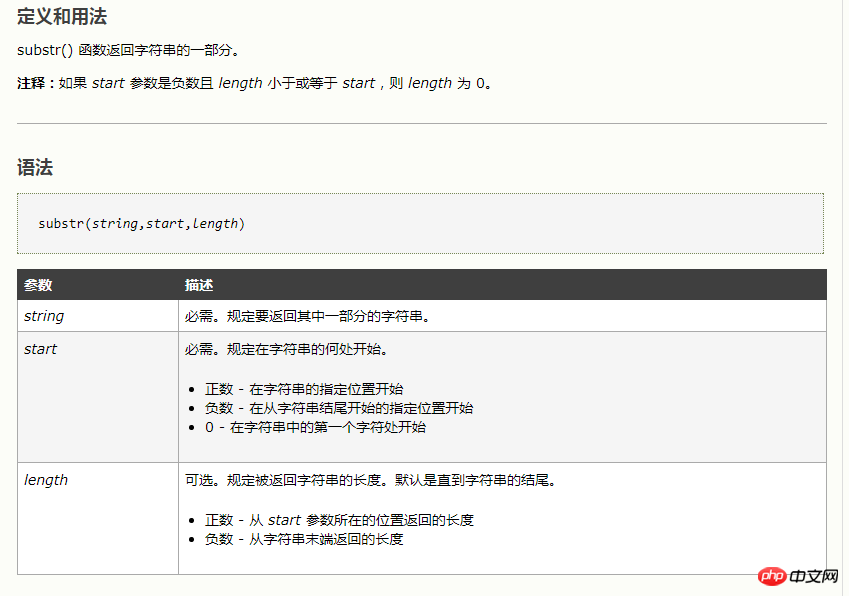
The following editor will bring you an implementation method of automatically backing up database tables using PHP. The editor thinks it’s pretty good, so I’ll share it with you now and give it as a reference. Let’s follow the editor and take a look.
1. Preface
There are many ways to back up mysql database;
For example :
1. Use the mysqldump function
mysqldump -u username -p dbname table1 table2 ... > BackupName.sql
The dbname parameter represents the name of the database
The table1 and table2 parameters indicate the names of the tables that need to be backed up. If they are empty, the entire database will be backed up;
BackupName.sql parameter table design backup file The name of the file can be preceded by an absolute path. The database is usually divided into a file with the suffix sql;
Basic usage:

2. Management tools

There are many ways to back up the database, the above two are more common
This time I mainly explain how to automatically back up through php functions Database
2. Introduction to related functions
##2.1, fopen

2.2, array_keys

##2.3, array_values



#2.6、 fwrite

3. Implementation ideas
 4. Code composition
4. Code composition
/**
* [copyDb description] 备份数据库
* @param [type] $dbname [description] 数据库名
* @param [type] $fileName [description] 存储的文件名
* @return [type] [description]
*/
public function copyDb($dbname, $fileName){
$myfile = fopen($fileName, "w") or die("Unable to open file!");//打开存储文件
$this->link->query("use {$dbname}");//切换数据库
$this->changeDb($dbname);
$tables = $this->link->query('show tables');//获取当期数据库所有表名称
while($re = $tables->fetch(PDO::FETCH_ASSOC)){
//var_dump($re);//查看数组构成
$tableName = $re['Tables_in_'.$dbname];//构成特定的下标
$sql = "show create table {$tableName};";
$tableSql = $this->link->query($sql);
fwrite($myfile, "DROP TABLE IF EXISTS `{$tableName}`;\r\n");//加入默认删除表的遇见
//下面备份表结构,这个循环之执行一次
while($re = $tableSql->fetch(PDO::FETCH_ASSOC)){
// echo "<pre class="brush:php;toolbar:false">";
// var_dump($re);
// echo "";
echo "正在备份表{$re['Table']}结构
5. Conclusion
The main process of backing up the database: Switch to the corresponding database;
Use show create table tableName to obtain the table structure and write it to the file;
Then query all the table data, loop to generate the corresponding sql statement, and write it to the file;
The sql file generated by the trial run;
The above is the detailed content of Graphical code introduction on how to use PHP to automatically back up database tables. For more information, please follow other related articles on the PHP Chinese website!




